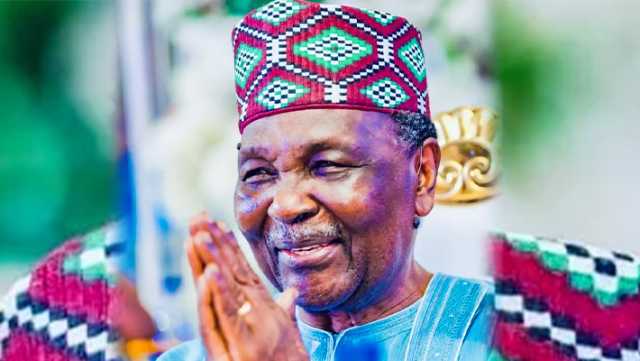The Igbo Women Assembly (IWA) has asserted that commemorating the victims of the Nigerian Civil War is a legitimate and internationally accepted practice that should neither be penalized nor misinterpreted.
During a recent address concerning the annual May 30th observance of civil war victims, IWA’s National President, Nneka Chimezie, stressed that this remembrance is a serious act of reflection and tribute, not an act of rebellion.
The civil war, which concluded on May 30, 1970, resulted in the deaths of thousands both soldiers and civilians many of whom perished due to hunger, violence, and displacement, particularly in the South-East region.
In honor of the war, people in the area often mark May 30 as a day for contemplation, choosing to stay home and pray that such atrocities never recur.
Despite criticism linking the observance to separatist movements and sit-at-home mandates allegedly enforced by the Indigenous People of Biafra (IPOB), IWA maintains that honoring the deceased is a basic act of respect.
“There is absolutely no issue with commemorating the victims of the Nigerian Civil War. It is a globally recognized form of remembrance.
Understanding the war and its underlying factors is crucial for future generations,” Chimezie remarked.
She urged former Head of State, General Yakubu Gowon, under whose leadership the war took place, to reveal the complete truth about the conflict, including the actual events surrounding the 1967 Aburi Accord in Ghana.
“It is time for General Gowon to disclose the truth about the Biafra war and the Aburi Accord.
We hope God grants him a long life to make this confession, for true healing and reconciliation,” she added. According to IWA, the ongoing denial of historical truths and the absence of an official acknowledgment or apology to the Igbo have intensified renewed agitation in the region. Chimezie questioned why the Federal Government has yet to apologize to the Igbo people for the war, particularly after recent disclosures that the 1966 coup previously labeled as an “Igbo coup”was misrepresented.
“Our research indicates that the war could have been avoided. If the government can honor June 12 in memory of MKO Abiola, why can’t it honor the Biafrans who perished during the civil war?” she inquired.
She emphasized that the deceased were not mere numbers. “They were our husbands, brothers, and sons. Dedicating a day to remember them should never be deemed a crime,” she stated.
IWA also countered the idea that only IPOB members are culpable for insecurity in the South-East, attributing it instead to “criminal elements backed by enemies of Ndigbo.”
Additionally, the organization called on the Nigerian government to pursue peaceful discussions with authentic agitators rather than resorting to violence.
They also urged Igbo political leaders to prioritize unity and the common good over individual interests.
Chimezie concluded: “Biafra Day is not about IPOB it is about our history. Future generations will learn about it. Remembering our fallen heroes is our right and must never be erased or criminalized.”




















